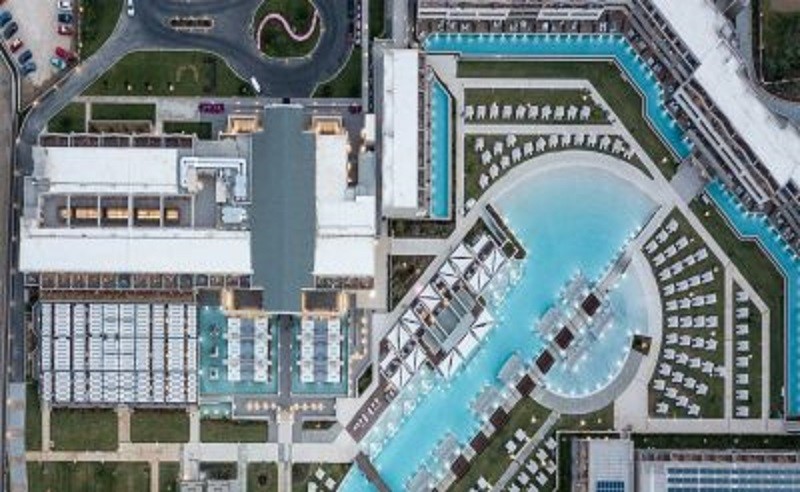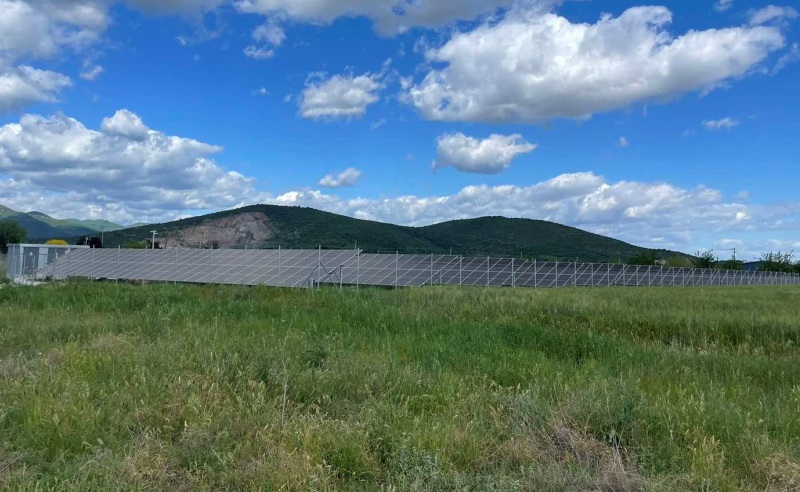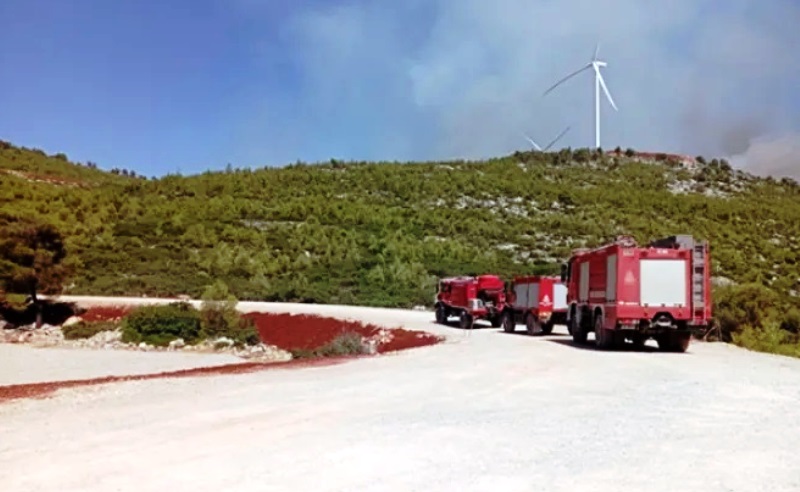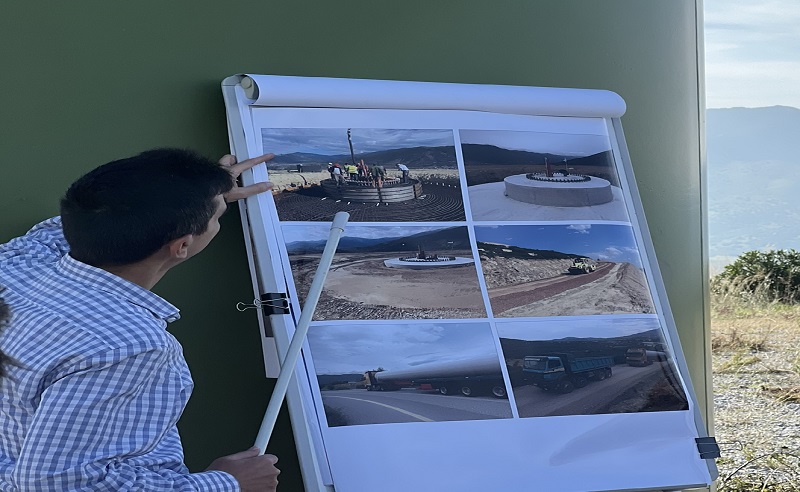Tourism remains one of the leading active business sectors in Greece. Indicatively, the rate of arrivals at the main airports of Greece has increased by 12.8% compared to 2017. Especially for April and May the increase is 9.4% and 23.1% respectively, while for September the price it amounts to 10.2% and in October it is estimated that it approached 15%. The preference shown for the numerous tourist destinations of Greece and indeed for months outside the main season, forces hoteliers to look for ways to take advantage of this trend and of course increase their profitability.
Season extension = heat pumps
The extension of the hotel season is of course not acceptable to be associated with a drop in the quality of the services provided. For example, heated swimming pools, room heating, jacuzzi and spa functions are essential for a hotel that wishes to operate outside of the main summer season. Heat pumps are the most advantageous option for satisfying all the above needs, which has already led many hotels in Greece to adopt this technology.
The advantages of the operation of heat pumps are now given both for the winter season and for the summer season. In winter, the high degree of efficiency that characterizes these machines guarantees full coverage of heating and hot water needs at the lowest possible cost compared to other conventional systems that use a boiler. The hotelier no longer needs to worry about buying fuel (eg oil, gas). In the summer, respectively, the heat pump works like a cooler, covering the air conditioning needs of the premises, while at the same time it produces hot water for use completely free of charge through the “heat recovery” technology.
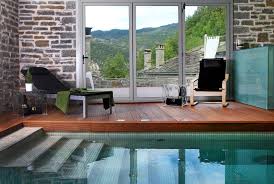 Hotel Mikro Papigo 1700 Hotel & Spa
Hotel Mikro Papigo 1700 Hotel & Spa
In addition to these, a key quality of heat pumps is the way they respond to average climatic conditions, such as autumn and spring. The climate of Greece is usually warm during the months of April, May, September and October and the temperatures remain relatively high. The contribution of heat pumps to the production of hot water for use during these periods of time proves to be a valuable element in reducing the operating costs of a hotel. Under other conditions, the hotelier would be forced to operate the boiler to heat the hotel pool or for hot water in the bathrooms of the rooms, at a time when the outside temperature can be as low as 25-30°C. On the other hand, this would be inevitable, since an unheated pool implies a lower quality of service to the customer. Even the use of sunscreen does not guarantee a certain result, as in spring and autumn the sunshine is reduced, due to the shorter duration of the day and more frequent clouds.
The mode of operation
The way a heat pump adapts to such a consideration is the solution that every modern hotel unit is looking for. More specifically, if cooling load requirements are high, the heat recovery load that the unit provides at no cost fully meets the requirements for DHW and pool heating. (conditions that are very common in the months of September and May)
If temperatures are relatively low and customers feel the need for heating, the high degree of efficiency and low operating costs provided by the heat pump negate any dilemma of the hotelier about whether or not to activate the heating system (scenario during the months of October or April ). Therefore, we are talking about a machine capable of fully meeting the needs of the hotel, any day of the year, sun or rain, day or night, with the lowest possible operating costs. And all this automatically, without the slightest involvement of the hotelier, who can remain focused on the daily operation of his unit.
Example of season extension
Delta Techniki, exclusive importer of Climaveneta machines, a Mitsubishi Electric brand, has been providing complete solutions for heat pump applications in hotels for 45 years. The huge range of machines, their extended operating limits and their flexibility, offer a solution to even the most demanding applications, regardless of weather and climatic conditions. A typical example is the Euphoria Resort hotel in Kolymvari, Crete. The Climaveneta units installed fully covered the cooling and hot water needs for 696 beds in an extended season, without consuming any oil. Running the hotel from the beginning of May to the end of October was 61% cheaper than a conventional oil system for DHW, while the hotel’s engine room is characterized as a model, analogous to a modern, modern hotel unit.
Conclusion
This is a case in which both hoteliers and tenants can be winners (win-win situation). Delta Technical stands by the hotelier, undertaking the task of pre-study and supply of heat pump equipment, with the aim of the optimal solution that will extend the operating period during the spring or autumn months without incurring costs above the minimum necessary, always with reliable operation so that the hotelier deals only with the commercial operation of the hotel. And all this with the complete elimination of fuel purchase costs (oil or gas), which leads to a 60% reduction in operating costs. All that is needed is for the interested party to simply ask to be informed.


